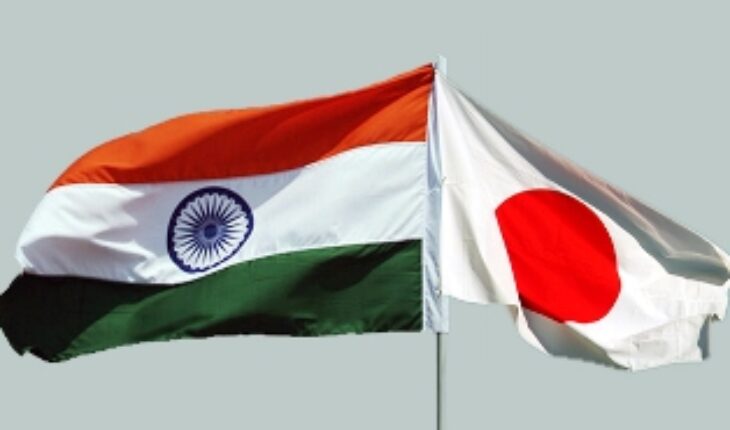NEW DELHI: The amended bilateral tax treaty between India and Japan, which provides for strengthened exchange of information to help reduce tax evasion, has come into force from October 29.
The agreement to amend the 27-year old Double Taxation Avoidance Agreement (DTAA) was signed when Japanese Prime Minister Shinzo Abe visited India in December 2015.
In a notification, the Department of Revenue said, “All the provisions of said Protocol amending the Convention between the Government of India and the Government of Japan for the avoidance of double taxation and the prevention of fiscal evasion with respect to taxes on income shall be given effect to in the Union of India with effect from October 29, 2016.” Article 26 of the Convention provides that the information received under the DTAA would be kept secret and shall be disclosed only to persons or authorities (including courts and administrative bodies) concerned with the assessment or collection of taxes. Besides, the two countries cannot decline to supply information solely because the information is held by a bank, other financial institution, nominee or person acting in an agency or a fiduciary capacity or because it relates to ownership interests in a person. Nangia & Co Managing Partner Rakesh Nangia said that by replacing the erstwhile Article 26 on exchange of information, the protocol provides a strengthened exchange of information clause. “This will act as a deterrent and help in reducing tax avoidance and evasion and will also enable assistance in collection of taxes between India and Japan. The ambit of taxes has been widened to include indirect taxes such as wealth tax, excise duty, service tax, sales tax and VAT,” Nangia said. He said amendments have also been made to Article 11 containing provisions on taxability of interest. In order to push investment in India, in December 2015, Japan had set-up a make in India fund of Rs 83,000 crore by Nippon Export and Investment Insurance and Japan Bank for International Cooperation. Nippon Export and Investment Insurance has been classified as ‘Central Bank’ eligible to claim the beneficial provisions of the treaty, in respect of interest income. Similarly, General Insurance Corporation of India and New India Assurance Company Ltd have also been included in the definition of ‘Central Bank’ eligible to claim beneficial provisions of the treaty in respect of interest income. “These changes shall be effective in Japan starting January 1, 2017 and in India starting April 1, 2017,” Nangia said.—PTI





